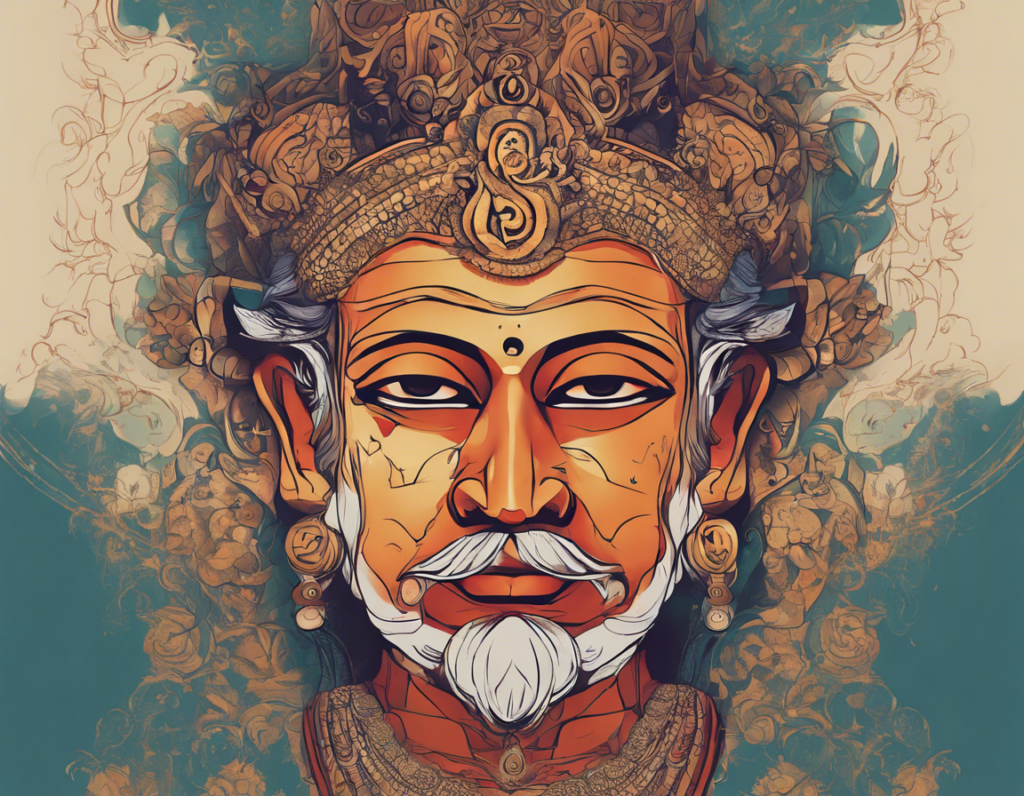Introduction
Mahaparinirvan Din, also known as Nirvana Day, is an important Buddhist holiday that commemorates the death of Lord Buddha and his attainment of Parinirvana, which is the final nirvana after the death of someone who has attained nirvana during their lifetime. It falls on the full moon day in the month of Kartika according to the Hindu calendar, which corresponds to December or January in the Gregorian calendar. This day is a time for reflection, meditation, and deepening one’s understanding of Buddhist teachings. In this blog post, we will explore the significance of Mahaparinirvan Din and how it is observed by Buddhists around the world.
The Significance of Mahaparinirvan Din
Mahaparinirvan Din is a solemn occasion that marks the passing of Lord Buddha and his journey into the realm of Parinirvana. It is a reminder of the impermanence of life and the inevitability of death. This day is an opportunity for Buddhists to reflect on the teachings of Lord Buddha, especially the Four Noble Truths and the Eightfold Path, and to renew their commitment to following the path towards enlightenment.
Observance of Mahaparinirvan Din
On Mahaparinirvan Din, Buddhists around the world participate in various activities to honor the memory of Lord Buddha and to deepen their practice. Some common practices include:
-
Meditation: Many Buddhists spend extra time in meditation on Mahaparinirvan Din to connect with the teachings of Lord Buddha and to cultivate mindfulness and serenity.
-
Offerings: Offerings of flowers, candles, and incense are made at Buddhist temples and monasteries as a symbol of reverence and gratitude towards Lord Buddha.
-
Chanting: Buddhists often recite sutras and prayers on Mahaparinirvan Din to invoke blessings and merit for themselves and all sentient beings.
-
Acts of Kindness: Practicing generosity and compassion towards others is another way to honor the spirit of Mahaparinirvan Din and to cultivate positive karma.
Reflections on Impermanence and Enlightenment
Mahaparinirvan Din is a time to contemplate the teachings of Lord Buddha on impermanence, suffering, and the path to liberation. It serves as a reminder to live each moment with awareness and mindfulness, knowing that life is fleeting and precious. By reflecting on the impermanence of all phenomena, Buddhists deepen their understanding of the nature of reality and the importance of seeking enlightenment as the ultimate goal of human existence.
Frequently Asked Questions (FAQs)
- What is the difference between Parinirvana and Mahaparinirvana?
-
Parinirvana refers to the final nirvana achieved at the end of one’s life, while Mahaparinirvana specifically denotes the death of Lord Buddha and his entry into Parinirvana.
-
How is Mahaparinirvan Din celebrated in different Buddhist traditions?
-
Different Buddhist traditions may have unique customs and rituals to observe Mahaparinirvan Din, but common practices include meditation, chanting, offerings, and acts of kindness.
-
Is Mahaparinirvan Din a public holiday in Buddhist-majority countries?
-
In countries with a significant Buddhist population, Mahaparinirvan Din may be recognized as a public holiday, with ceremonies and events held at temples and monasteries.
-
What is the significance of the full moon day in the month of Kartika for Buddhists?
-
The full moon day in the month of Kartika holds special spiritual significance for Buddhists as it marks important events in the life of Lord Buddha, including his birth, enlightenment, first sermon, and Mahaparinirvan.
-
How can non-Buddhists participate in Mahaparinirvan Din observances?
- Non-Buddhists can show respect for Mahaparinirvan Din by learning about the teachings of Lord Buddha, attending ceremonies at local temples, or engaging in acts of kindness and mindfulness on this day.
In conclusion, Mahaparinirvan Din provides a valuable opportunity for Buddhists to deepen their spiritual practice, reflect on the teachings of Lord Buddha, and cultivate positive qualities such as compassion and wisdom. By observing this important day with reverence and mindfulness, practitioners can honor the legacy of Lord Buddha and progress further on the path to enlightenment.
